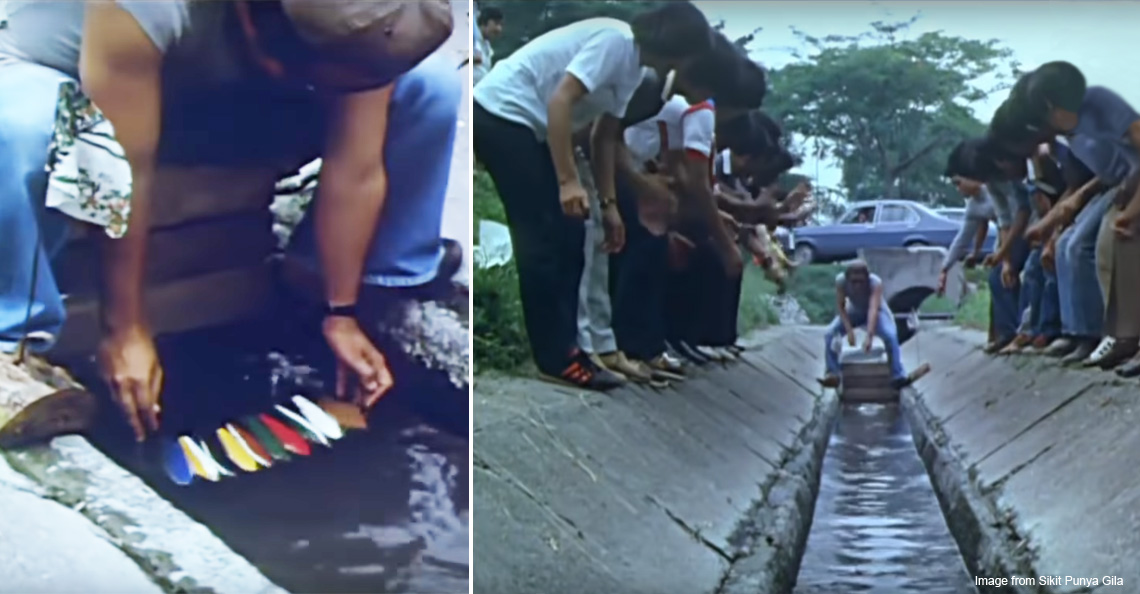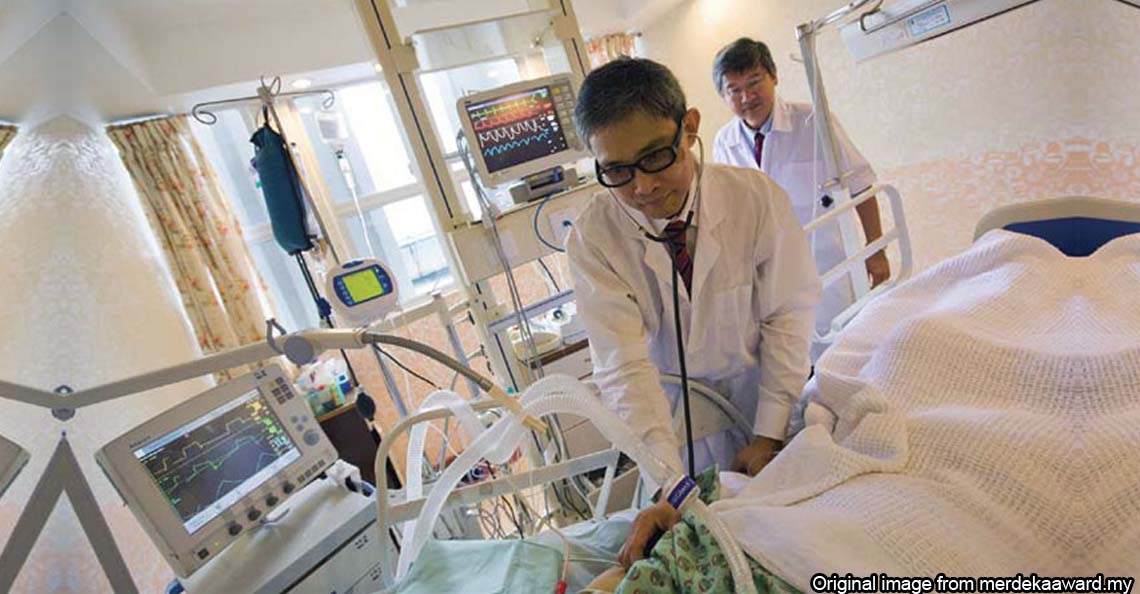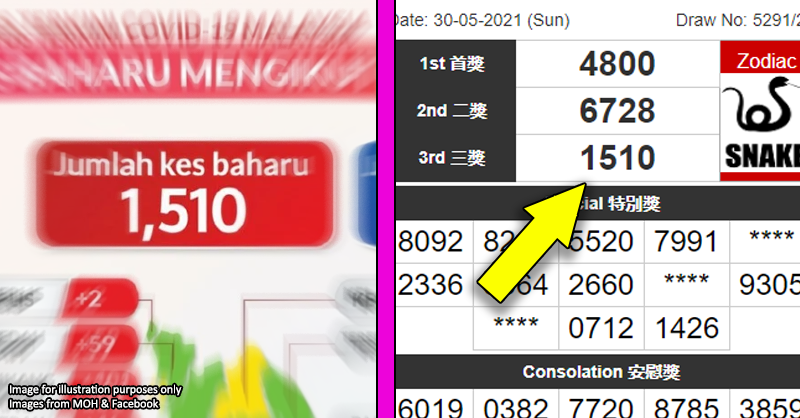[UPDATED] ‘Special draw Malaysia’: How the government used gambling to help build its coffers

- 1.2KShares
- Facebook1.0K
- Twitter16
- LinkedIn30
- Email29
- WhatsApp88
[UPDATE 2 Jan 2021: The government have quietly restored the number of special lucky draws back to 22 days a year, after the Pakatan government had previously reduced the number to 8 in 2018 and 11 in 2019.
This was revealed in a recent Dewan Negara sitting by senator Liew Chin Tong, who urged the government to do away with special draws eventually.
The rest of this article was written back in Aug 2018, and it detailed the happenings back when they first wanted to reduce the days and how the government’s special draw first came about.
END OF UPDATE]
Let’s say that you really, really, really love gambling, particularly buying 4D numbers, a game where you try to guess a random 4 digit number then win loads of cash if you get it right. One day… oh forget it. It’s really hard to make this piece of news relatable to the average Malaysian, so we’re just gonna jump straight into it and hope that we’re cute enough to keep you guys reading.
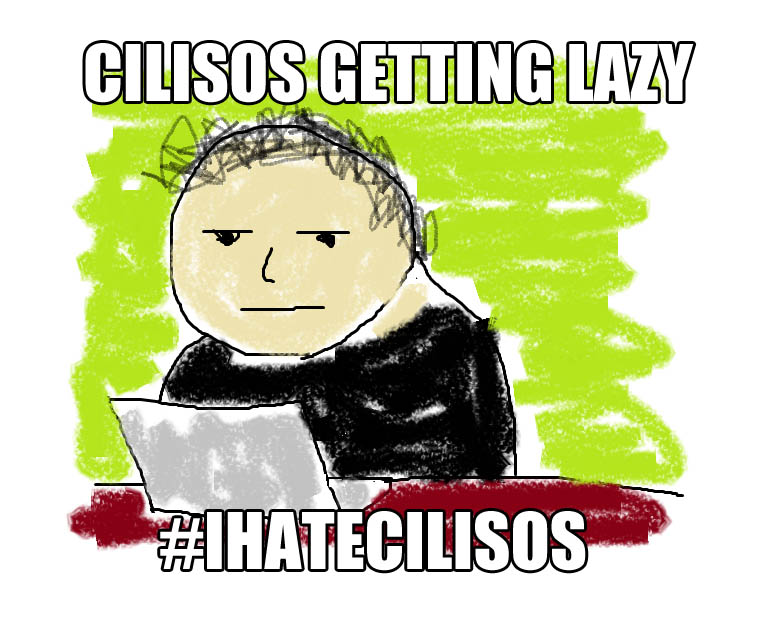
In recent news, Lim Guan Eng had announced that the government will reduce the number of Tuesday 4D special draws next year, because apparently a lot of people are complaining that these special draws are a burden to society.
“The Government plans to reduce the number of special draws for all number forecast operators in 2019… The move to reduce the number of special draws is to cut down on the number of gambling days, so that gambling activities will not lead to social ills such as gambling addiction,” – Lim Guan Eng, to the Star.
We’re pretty sure that 85.4% of Malaysians don’t buy enough 4D to know what’s so special about Tuesday draws, so basically here’s the gist: normally, 4D outlets (like Da Ma Cai, Sports Toto and Magnum 4D) are allowed by the government to do three games a week, where the results are announced on Wednesdays, Saturdays and Sundays. However, the government may allow for a number of extra games to be played on Tuesdays (this year, 22 Tuesdays), and these are called special draws.

From a player’s perspective, from what we can tell it’s pretty much the same game, but for 4D companies, a portion of the profits (in addition to tax and duties) from these extra games go to the government as a special contribution. Hmm, isn’t that a weird system? How does it came about?
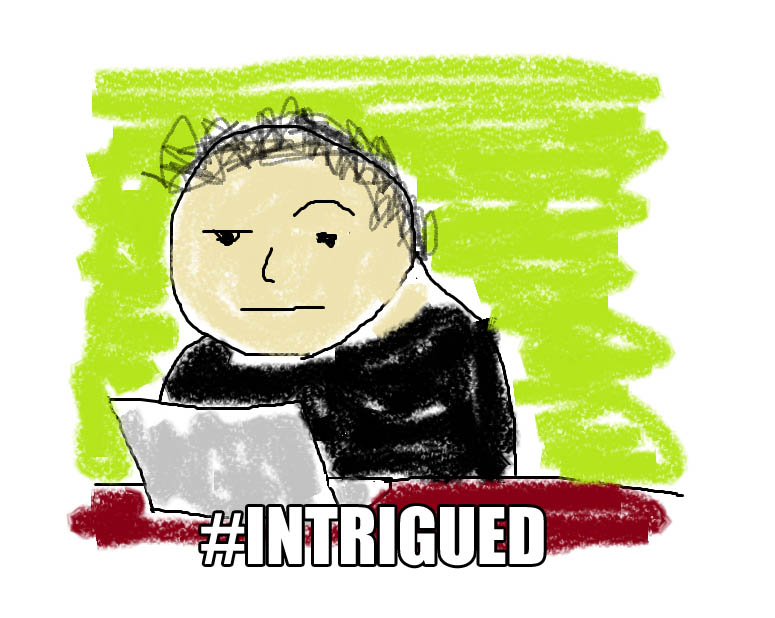
Well, tighten yer garters, because you might be surprised to know that…
The special lottery’s beginning had something to do with a locally discovered virus
Pig farming was kinda lucrative in Malaysia in the late 1990s. Business was booming, everything was going fine, then WHAM!

Pigs started behaving weirdly, coughing harder than that Hacks commercial, and soon farmers started feeling sick, too, and out of 10 people in a neighborhood, 7 will die. The government at that time thought it was just Japanese encephalitis (JE), a disease carried by mosquitoes, so they fogged the affected areas and told people that everything’s under control… but it was actually a newly-discovered virus called the Nipah virus, borne from the sudden explosion of pig-farming activities then.
If it wasn’t for a brave UM scientist who smuggled a sample of the virus to be tested in the US, a lot more people could have died. Anyway, once the government was finally convinced that it’s a dangerous new virus and not JE, they mobilized the armed forces to kill the affected livestock, and basically flattened Kampung Sungai Nipah, where it happened.
“Malaysia’s army moved in for the country’s biggest-ever animal culling. Almost 1 million pigs, shoved into pits and shot.” – A documentary about the virus by Journeyman Pictures.
The disease was eventually put under control, but the resultant culling practically ruined a lot of people. The government had to spend an estimated USD97 million dollars (about RM395 million today) to compensate the farmers for the pigs they had killed, and another USD136 million (RM553 million) on the control program.

Nice story and all, but where does the special draws come in? Well, here’s where it gets a little blurry. Lim Kit Siang does say that it came from the Nipah incident, but we can’t find an online source that explicitly made the connection. However, we know that at that time, the government established two funds. One of them was the Humanitarian Fund, to relieve the hardship caused by the loss of family members to the Nipah virus, and the Nipah Trust Fund, to provide financial assistance due to the loss of pigs.
Berjaya Group’s 1999 Annual Report (when the incident happened) mentioned contributing RM4.94 million obtained from four special Toto Draws to what they called the JE Humanitarian Fund, so we’re guessing that’s where it all started.
And it hasn’t stopped since.
The gomen earns plenty from special draws, but people don’t like that
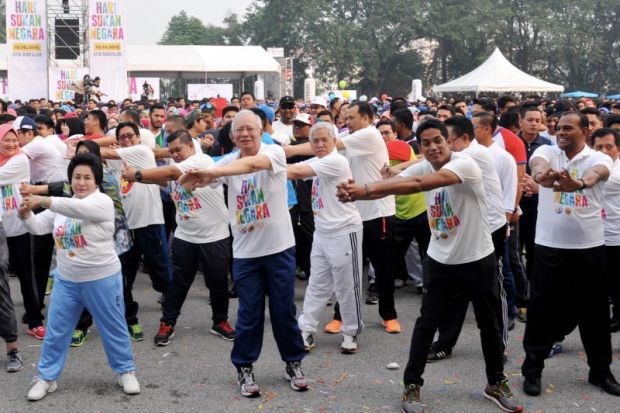
When the special draws first started in 1999, the government earned RM80.4 million in sin tax (literally, tax for sins like smoking, drinking, gambling, etc). Over the years, special draws continued, and last year it brought in RM238 million, which is close to the yearly average of RM200 million. While initially the money was used to help victims of the Nipah virus, now it is claimed to be used for a number of programs involving sports, health, culture and other stuff that benefits the society and country in general.
Some may argue that it’s nice to have so much money pouring in to improve the society, but over the years people have complained about it, and spoiler alert: they’re not from PAS (at least for this particular form of gambling). As far back as 2014, DAP politicians have been asking the government to please stahp encouraging gambling through the special draws, as if three times a week isn’t bad enough. Anthony Loke, then the Seremban MP, had stated that the ensuing social ills will far outweigh the expected extra tax income of RM150 million.
“Even though this seems like additional government revenue, Malaysians will actually lose more money through gambling. The social costs, such as an increase in loan shark cases, will be quite significant,” – Anthony Loke, as reported by the Malay Mail Online.
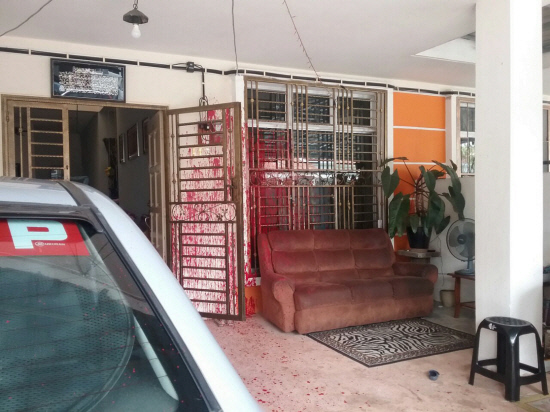
He had urged the government to like, seriously cut it out again in 2016, and in 2017 DAP politicians went a step further and asked for the government to stop the licenses of 4D gaming houses and force them to consolidate into a single gaming house. The rationale behind this was that if you have a lucky number, you’ll want to buy the number at all three available 4D companies, increasing your spending and chances of winning. And Ah Long debt ?.
“Gambling is a practice that will deplete the disposable income of lower-income families. Hence, the practice is a burden on ordinary Malaysians. It affects the disposable income of the lower-income group disproportionately, and it is bad for the overall economy.” – Liew Chin Tong, then Kluang MP, as reported by FMT.
So after so many years of asking, the government has decided to reduce the special draws gradually starting next year’s Budget tabling, to cut down on the number of gambling days and reduce the risk of social problems like gambling addiction.
Reduce one day only ah? Can change anything ah?
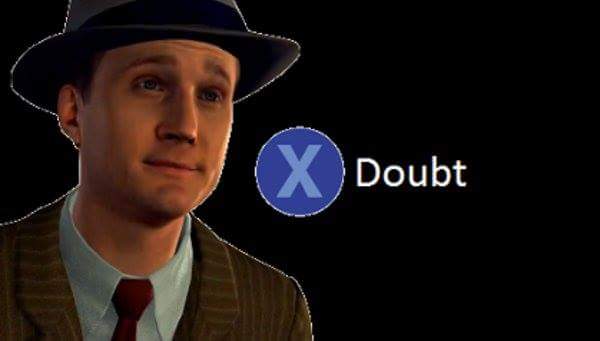
In the business sense, 4D companies might be affected by it. The same day that Lim Guan Eng announced the government’s intention to reduce special draw days, shares of Toto and Magnum fell, but no word on Da Ma Cai for some reason. Affin Hwang Capital, an investment service company, had speculated that if the move comes into effect, due to competition from illegal gambling and smaller jackpots from less game days, Sports Toto could lose as much as 1% of its net profit per missed day.
However, others, like the Maybank Investment Bank’s Research Division, had predicted that the reduction won’t do much to these companies, as they barely generate profits from special draws anyway due to the special contribution to the government, which totals 10% of their sales (after deducting 8% gaming tax). Due to that, the research division estimated the profit margin on special draws to be less than 5%, which isn’t a lot. And since there’s already a draw on Wednesday, people buy less on Tuesdays anyway.
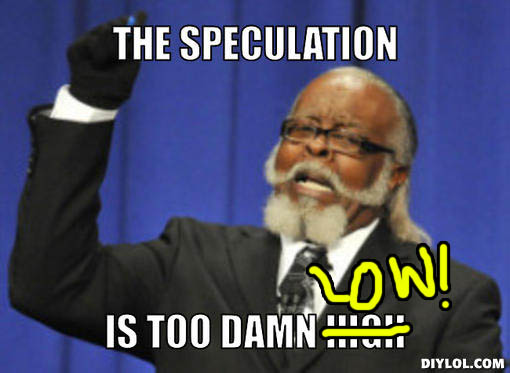
So economically, we’ll have to wait and see, but what about the social ills like gambling addiction? Well, as stated by Affin Hwang Capital in their assessment of Toto, there’s always illegal gambling to turn to. And based on our previous article on illegal gambling, the problem of gambling addiction goes so much deeper than an extra day of 4D draws. It involves local and state authorities not being in sync and corrupt enforcement among other things, but perhaps most importantly, some people just want to gamble no matter what.
Totally banning gambling won’t solve the problem (again, illegal gambling), but the best the government can do is to control it, and promote responsible gambling. Reducing their involvement in 4D gambling is a start, but there is a lot more that can be done. For example, it is compulsory in the UK for gambling establishments to identify problem gambling risks in their area, like schoolchildren and homeless shelters, and demonstrate how their businesses will handle these risks. Or maybe we can consider gambling education for school children, particularly in areas identified as problematic.
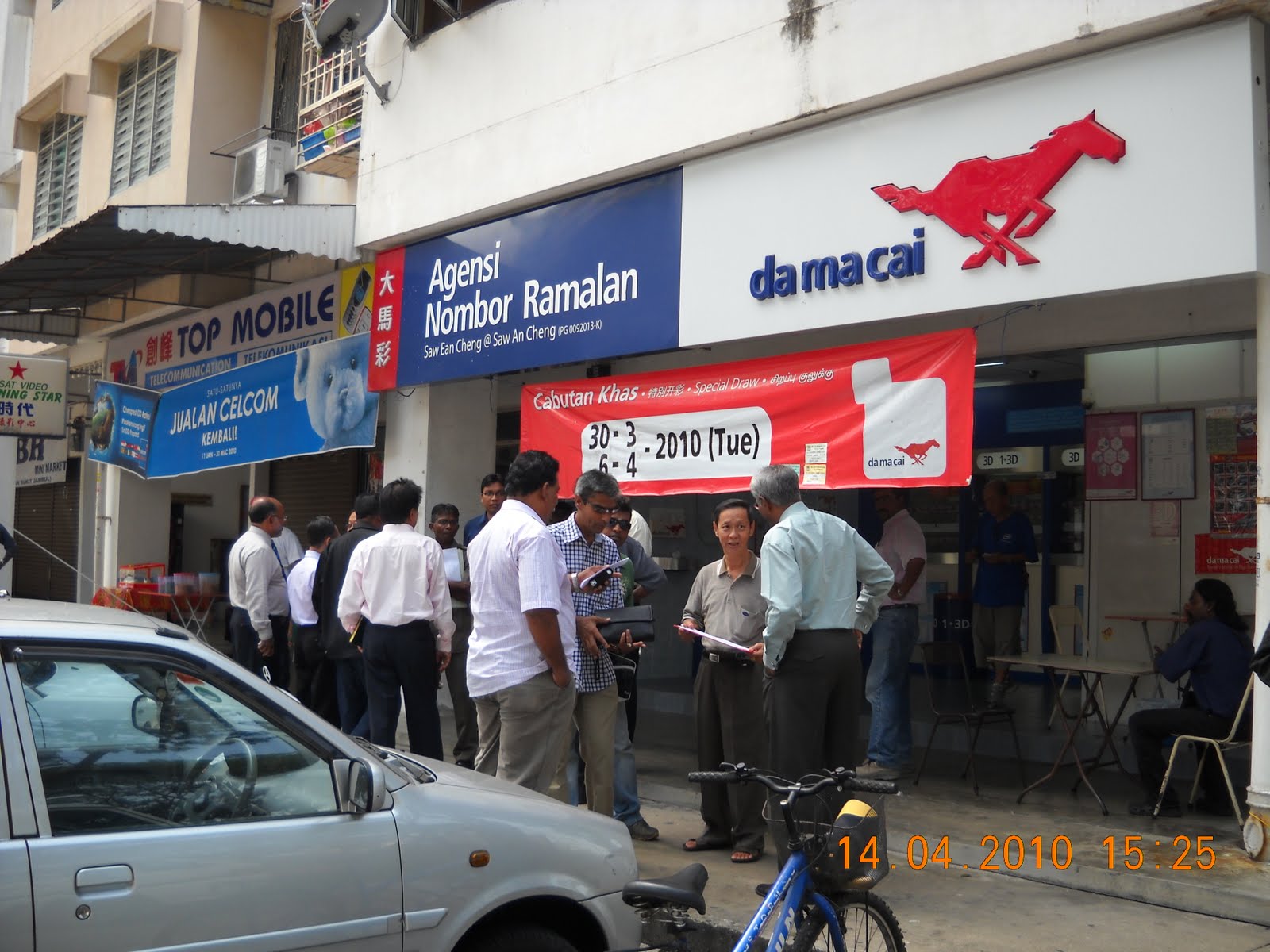
Still, it has barely been a year, and there’s a lot to do, so perhaps we’ll be seeing more improvements in the future. Until then… gamble responsibly!
- 1.2KShares
- Facebook1.0K
- Twitter16
- LinkedIn30
- Email29
- WhatsApp88

